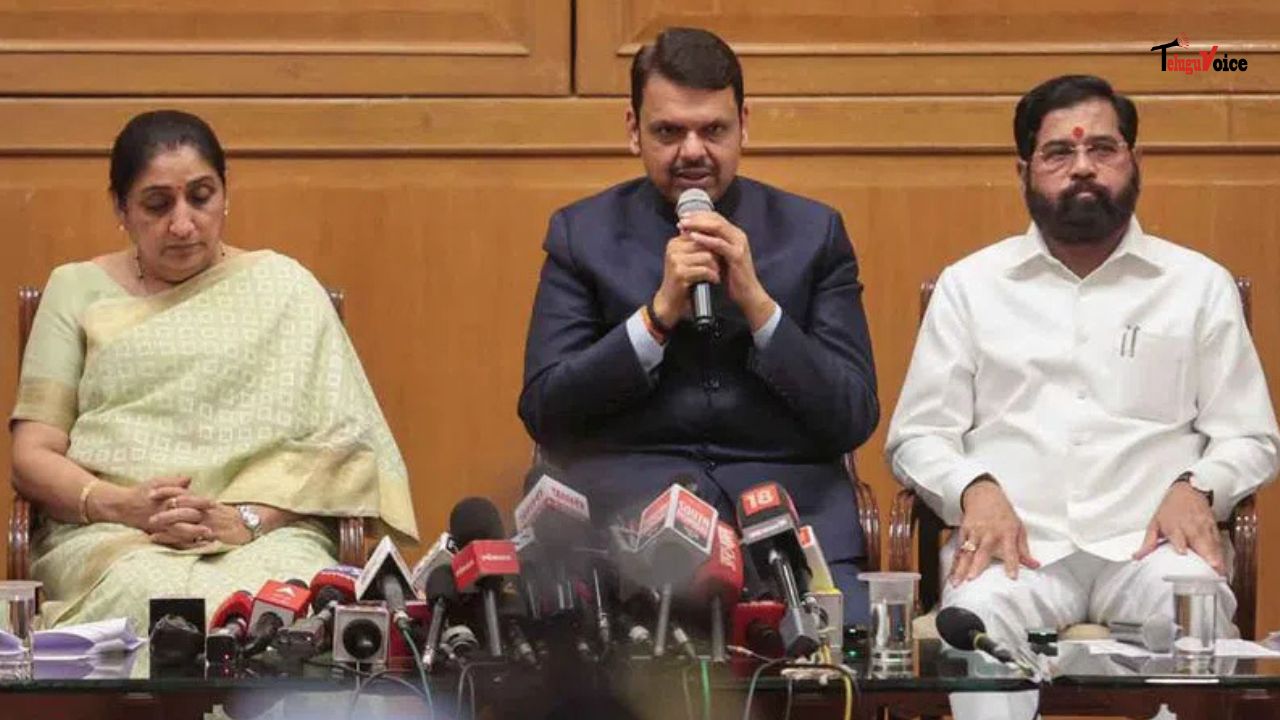Amaravati Land Frenzy: The Revival of Andhra Pradesh’s Ghost Capital

Since June 4, real estate agent Mehboob Khan has been overwhelmed with over a hundred WhatsApp messages daily, and his two phones ring incessantly. To cope, Khan has set up automatic replies providing leads on available land parcels in Amaravati. This "ghost city," sprawling over 217 sq km along the Krishna River in Guntur district, is buzzing again.
“Look, 120 messages have come in since this morning,” says Khan, an engineer-turned-real estate dealer from Rayapudi, a village within Amaravati's boundaries. Before the Andhra election results were announced on June 4, traders and speculators bought land here. Now, doctors, engineers, and many others are buying, with prices skyrocketing from Rs 10,000-12,000 to Rs 35,000-40,000 per square yard in just a week. “This one is from an NRT (Non-Resident Telugu) living in New Jersey,” he says, pointing to one message.
The cause of this land-buying frenzy? Billboards proclaim, “Boss is Back,” in the colors of the Telugu Desam Party (TDP). “Boss” refers to N Chandrababu Naidu, who envisioned Amaravati as the capital of Andhra Pradesh after the bifurcation a decade ago. With Naidu's return as chief minister and the TDP's favorable alignment with the central government, Amaravati is poised for revival. Bulldozers are clearing bushes, and people are eager to buy land.
Reviving Amaravati is a top priority for the new TDP government, says TD Janardhan, a founding member and political secretary of the party. Naidu had promised on the eve of his swearing-in as CM on June 12, “Amaravati will be the capital of our state.”
Janardhan adds, “CBN Garu (as Naidu is often referred to) envisioned Amaravati as a wealth creator, like Hyderabad.” In 2015, farmers gave their land under a land-pooling mechanism, receiving an annuity for 10 years and a portion of the developed land. However, in 2019, when YS Jagan Mohan Reddy of the YSR Congress Party came to power, he halted the project, not wanting Naidu's mark on the new capital.
Amaravati has since fallen into disrepair. Under-construction buildings stand like forgotten dreams, covered in dense thickets. Days before the new government took office, authorities deployed over 80 JCB machines to clear 100 km of overgrown roads, says an official from the Andhra Pradesh Capital Region Development Authority (APCRDA), who requested anonymity.
Data obtained by ET reveals that 115 VIP bungalows, meant for ministers and high-level bureaucrats, are only 25% complete. The multi-storey MLA apartments are 72% done, although doors and windows remain uninstalled. “We have identified some unfinished projects—you can call them low-hanging fruits—for early completion. It is for the CM to take a call. But, yes, Amaravati will be a high-priority project,” the official says.
While the secretariat and high courts are operational, these offices are slated to be relocated to new buildings. There are a few private engineering colleges and a National Institute of Design, but apart from hostellers, students and employees commute daily to Amaravati instead of living there.
Origins of the City
In 2014, the erstwhile state of Andhra Pradesh was bifurcated, with Hyderabad becoming the capital of the newly formed Telangana. According to the Andhra Pradesh Reorganisation Act of 2014, the new Andhra could share Hyderabad as its capital for 10 years. However, Naidu quickly selected land along the Krishna River, opposite Vijayawada, to establish a new capital city named Amaravati. The project was initially estimated to cost Rs 51,000 crore, but some projections soared to over Rs 1 lakh crore.
The Andhra Pradesh Reorganisation Act mandated the Centre to offer financial support for establishing essential facilities in the new capital. However, the Centre argued that the act did not cover funding for a large-scale metro city like Amaravati. This disagreement led to the TDP withdrawing support to the NDA government in March 2018. By then, the Centre had released Rs 1,500 crore for Amaravati, far short of the state's request for Rs 11,600 crore.
When YSR Congress came to power, Jagan Reddy proposed a three-capital formula, but this faced legal challenges, leaving all three cities in limbo. Amaravati remained neglected, and no new capitals emerged in Visakhapatnam or Kurnool.
Land-Pooling Scheme and Challenges
Idupula Kotaiah from Mandadam, near the temporary assembly building in Amaravati, reflects on the past five years: “There was a sense of fear under Jagan’s rule. We had given 25 acres of land through land pooling, expecting development. But then everything stalled, leaving us heartbroken.” Farmers received residential and commercial land, an annuity for non-fertile and fertile land, with a 10% annual increase, for 10 years. “As five years were wasted,” Kotaiah says, “we are demanding an extension of the annuity programme to 15 years.”
Naidu envisions Amaravati as India’s equivalent to Singapore. In 2015, he secured a consortium from Singapore, including Ascendas-Singbridge and Sembcorp Development, as master developers. The plan involved setting aside 4,000 acres of developed land out of the total 55,000 acres for commercial use, aiming to generate revenue. However, challenges during his previous term included multinationals' reluctance to relocate from Hyderabad to Amaravati, and a $1 billion World Bank loan that never materialized.
Experts suggest Naidu is poised for success this time. The TDP’s victory, winning 135 of 175 assembly seats, ensures stability. More importantly, the support of his 16 MPs is crucial for the survival of Modi’s third term, making it likely that Naidu will receive substantial support for his dream capital project.
For Modi, Naidu’s TDP is a more reliable ally than JD(U), led by Nitish Kumar. Modi’s body language, especially the long hug he gave to Naidu at the latter’s swearing-in ceremony, indicates a strengthened alliance.
In Amaravati, electrical subcontractor Prasanna Kumar faces a tight deadline to complete an eight-storey CRDA project building. At the site of VVIP bungalows, bulldozer driver Jitendra Kumar recalls being summoned back to Andhra after Naidu’s party won the polls. Similarly, plumber Chiranjeevi, who had migrated to Bengaluru for work, has returned to Amaravati with fellow workers to resume unfinished tasks.
“In Bengaluru, we spent a lot on food and rent, leaving little for savings. There’s nothing like working close to home,” says Chiranjeevi, now able to live with his wife Rama, whom he couldn’t bring to Bengaluru due to crowded worker accommodations.
Amaravati's revival promises economic opportunities and renewed hope for its residents, as Naidu's vision for a thriving capital city finally begins to materialize.

 South Africa tour of India 2019
South Africa tour of India 2019










Comments